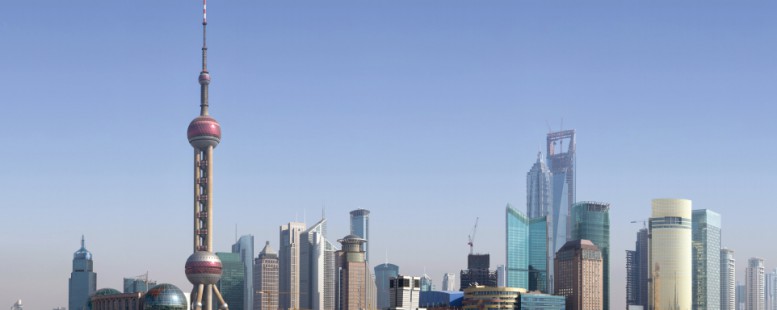Our Opinion: 2015
China’s Fall

The Shanghai Composite Index is actually up today – not a frequent occurrence recently. On Monday, it fell by more than 8% – the largest fall since February 2007. It followed economic data showing that Chinese industrial profits had fallen in June compared with the previous year, while manufacturing activity is dropping too. Is this the end of China’s growth cycle or just the beginning?
The Chinese economy is slowing down and commodity prices are collapsing. The stock-market surge we saw over the last year or so has come to an end. A market that more than doubled is now seeing a painful correction.
It’s probably not just weak growth that’s unnerving investors. They might also be concerned about the government’s commitment to keeping the stock market propped up.
Bloomberg reported that the International Monetary Fund (IMF) has been telling China that ideally “prices should be allowed to settle through market forces.” China responded by saying that all the measures they’ve put in place to prop up the market should be considered temporary. An analyst told Bloomberg “Investors are afraid the Chinese government will withdraw supporting measures from the market. Once those disappear, the market cannot support itself.”
Severe volatility is, however, usual in a developing, immature market. Yet the Government will do all it can to avoid a destabilizing crash and it has a lot more room to cut interest rates, if they decide to, than most other countries right now.
Whether the stock slide ends this week or continues, the government has lost credibility. It had supposedly embraced pro-market reforms, but when it came to it, resorted to increasingly centralized measures to bolster stocks.
The gradual increase in consumption as a share of GDP should make China a solid long-term investment. And thanks to the overdue market correction, investors can now gain access far more cheaply than they could in June.
29th July 2015
